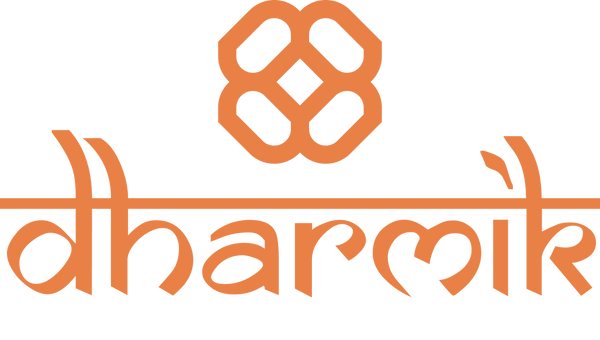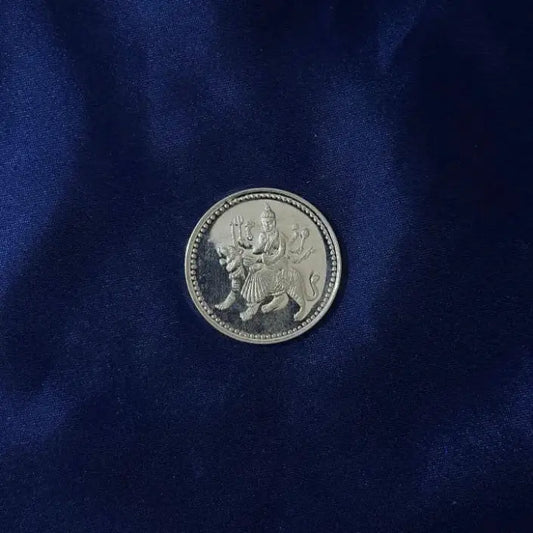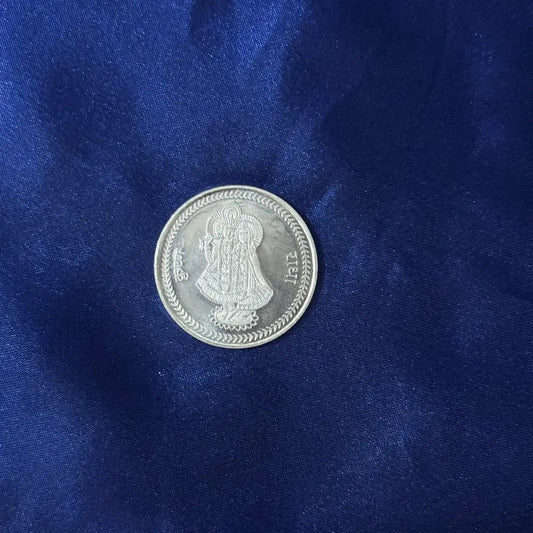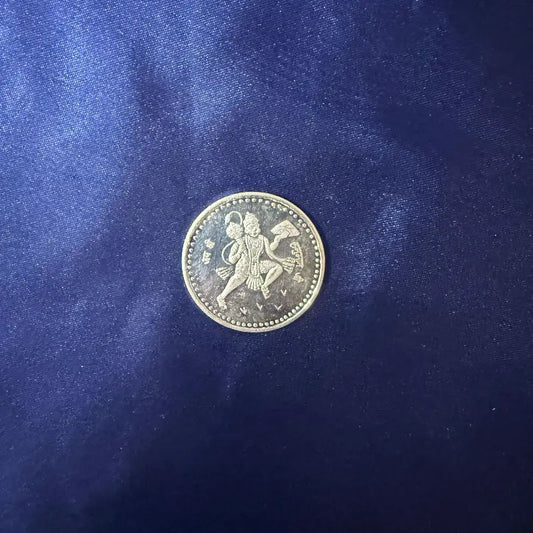
Dussehra and Diwali in Goa: Narkasura Effigy Burning, Temple Rituals, and Festival of Lights
Share
When you think of Diwali in Goa, images of beaches and nightlife might come first, but the state has a far deeper cultural side. During Dussehra and Diwali, Goa comes alive with traditional rituals, grand festivals, and the unique burning of massive Narkasura effigies. Unlike any other part of India, Goa’s Diwali is a blend of light, fire, music, and deep devotion.
Families decorate their homes, temples shine with oil lamps, and communities unite to celebrate the triumph of light over darkness. The spiritual energy in Goa during this season is as radiant as the beaches, and for many, it is also a chance to perform rituals at home with sacred puja items from Dharmik.
- Key highlight: The Narkasura effigy burning tradition.
- Temple rituals: Deepa lighting, aarti, and bhajans.
- At-home devotion: Coins, Ram Darbar idols, incense, and diyas from Dharmik.
The Spirit of Diwali in Goa
Diwali in Goa is not just a festival of lights—it is a cultural festival that merges community celebrations with intimate temple rituals. Every household prepares days in advance, painting homes, lighting diyas, and arranging floral rangolis. Unlike other regions, Goa’s Diwali starts with the burning of Narkasura effigies, a symbolic act representing the destruction of evil.
- Goa temples: Decorated with oil lamps, banana leaves, and flowers.
- Community gatherings: Processions, bhajans, and devotional plays.
- Family pujas: Sacred items like a Lakshmi Ganesha Pure Silver Coin from Dharmik are offered for prosperity.
Narkasura Effigy Burning – Goa’s Unique Tradition
The highlight of Diwali in Goa is the burning of giant Narkasura effigies. These towering figures, crafted by local youth with bamboo, paper, and firecrackers, represent the demon slain by Krishna. At dawn, they are paraded through villages before being set ablaze, a spectacle that combines devotion, drama, and thrill.
- Symbolism: Victory of truth over evil.
- Community effort: Local groups compete to make the grandest effigy.
- Festive thrill: Fireworks and drums add to the spectacle.
- Sacred offerings: Many devotees also worship a Ram Amrit Golden Coin from Dharmik as part of their puja after the burning ceremony.
The Narkasura ritual makes Goa’s Diwali distinct, turning villages into centers of cultural excitement.

Temple Rituals During Diwali
Temples across Goa hold elaborate rituals during Diwali, with priests performing Lakshmi Puja, bhajans, and community feasts. Lamps glow in every corner, devotees offer flowers, and the sound of bells fills the air.
- Puja essentials: A Ram Darbar idol from Dharmik is often placed in temples and homes.
- Sacred devotion: Devotees light a Incense Cups from Dharmik to purify the environment.
- Atmosphere: Incense smoke rises, creating a divine aura.
These temple festivals remind everyone that Diwali in Goa is both joyous and spiritual.

Home Celebrations and Rituals
For Goan families, Diwali is a balance of community festivals and private rituals at home. From cleaning houses to arranging lights, every step is filled with devotion. Families perform Lakshmi Puja, distribute sweets, and gift symbolic items.
- For wealth & peace: The Divine Ram Darbar from Dharmik is placed on the altar.
- Daily rituals: Lighting Incense Cups from Dharmik for blessings and peace.
- Special offerings: Families share sweets and prasad, some ordering the Ayodhya Prasad Box from Dharmik for sanctity at home.
Gift-Giving and Sacred Tokens
Exchanging gifts is a vital part of Diwali in Goa. Families give coins, sweets, and sacred symbols as tokens of good luck. Unlike commercial gifting, these tokens hold spiritual significance.
- Sacred silver: A Ram Amrit Silver Coin from Dharmik is a popular Diwali gift.
- Spiritual sets: The Darbar Coin Gift Set from Dharmik is exchanged for prosperity and devotion.
Such gifts reflect the essence of Diwali—sharing light, blessings, and love.
Why Diwali in Goa is Special
While Diwali is celebrated across India, Goa’s Diwali festivals are unforgettable because of their coastal charm and vibrant traditions. From the roaring fire of Narkasura effigies to the serene temple rituals, Goa offers a unique balance of excitement and devotion.
- Festive diversity: Narkasura parades + temple rituals.
- Community bonding: Villages unite through shared festivals.
- Sacred continuity: Families carry the blessings home with Dharmik puja items.
FAQs on Diwali in Goa
Q1. What makes Diwali in Goa different from other states?
Diwali in Goa is unique because of the Narkasura effigy burning tradition, which symbolizes the destruction of evil, along with vibrant temple rituals and community celebrations.
Q2. What is the Narkasura effigy burning ritual in Goa?
The Narkasura ritual involves parading and burning huge effigies of the demon Narkasura at dawn, accompanied by fireworks, drums, and community gatherings.
Q3. What temple rituals are performed during Diwali in Goa?
Goan temples conduct Lakshmi Puja, aarti, deepa lighting, and bhajans, where devotees offer flowers, incense, and sacred items such as Ram Darbar idols from Dharmik.
Q4. How do Goan families celebrate Diwali at home?
Families clean and decorate homes, light diyas, perform Lakshmi Puja, and use sacred essentials like incense cups, coins, and Ram Darbar idols from Dharmik.
Q5. What sacred gifts are exchanged during Diwali in Goa?
Popular Diwali gifts include silver and golden coins, Ram Darbar idols, and devotional gift sets such as the Darbar Coin Gift Set from Dharmik, symbolizing prosperity and blessings
Diwali in Goa is more than a festival—it is a journey from the destruction of Narkasura to the illumination of every home. Through rituals, festivals, and gifts, families celebrate both tradition and togetherness.
- Experience Goa’s Narkasura burning at dawn.
- Join temple rituals for devotion and peace.
- Bring home blessings with sacred products from Dharmik.
Whether in the vibrant streets of Goa or at your own altar, the lights of Diwali shine brightest when devotion guides the celebration.






